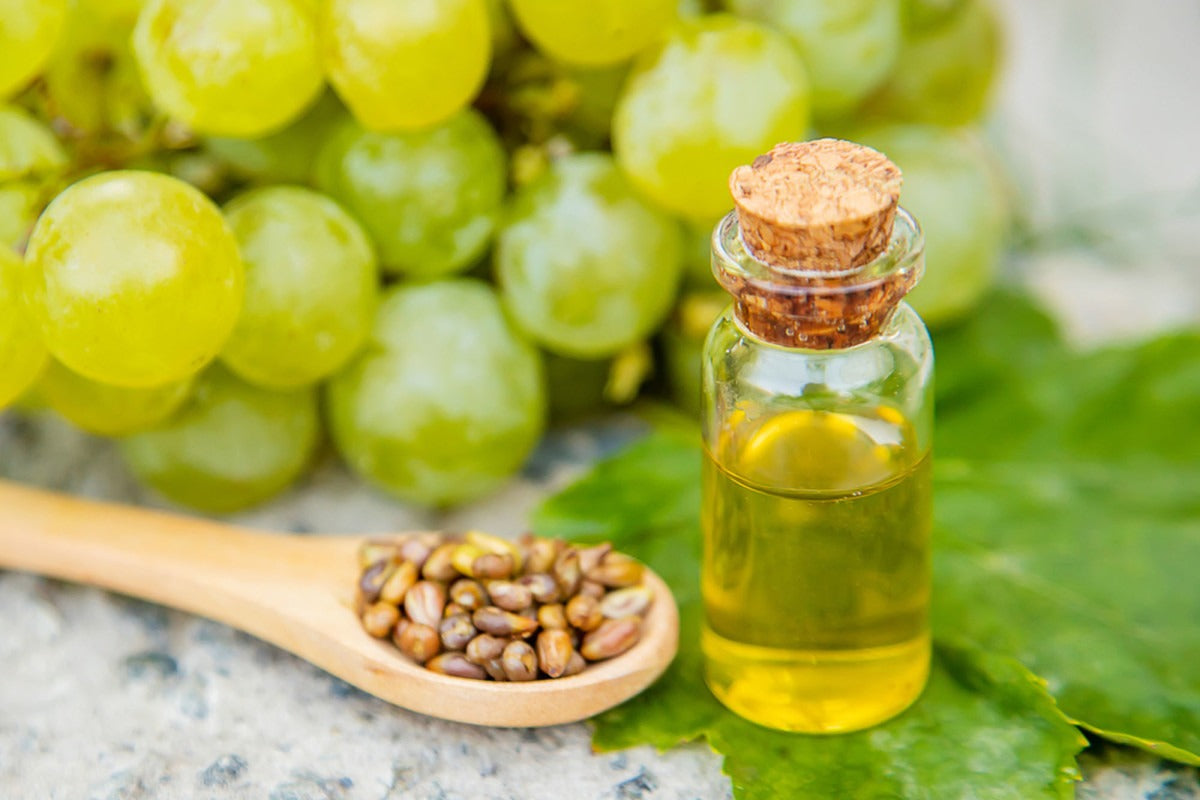In today's kitchens, especially those managed by professionals and eco-conscious individuals, understanding how to dispose of grapeseed oil responsibly is crucial. Proper disposal not only protects our environment but also ensures safety and prevents plumbing issues. If you're unsure about the best methods for disposing of grapeseed oil, this article provides comprehensive guidelines.

Why Proper Disposal Matters
Improper disposal of cooking oils like grapeseed oil can have serious consequences. When poured down the drain, it can solidify and cause blockages in plumbing. Moreover, it can harm aquatic life if it reaches natural water bodies. Thus, understanding how to dispose of grapeseed oil in keeping with environmental standards is not just a good practice but a necessity.
Safe Methods to Dispose of Grapeseed Oil

1. Reuse and Recycle
If the grapeseed oil is relatively clean, you might consider reusing it for cooking. Strain the oil using a fine mesh sieve or cheesecloth to remove any food particles. You can also look for recycling centers that accept used cooking oils, including grapeseed oil. They often convert these oils into biodiesel, a more sustainable form of energy. To find such centers, visit Earth911, a reliable resource for recycling information.
Additionally, you can refer to our Reusing Cooking Oil guide for more tips.

2. Solidifying and Disposing of in Waste
An easy and safe option for small quantities of grapeseed oil is to let it solidify and then throw it away with your regular waste. Pour the oil into a container like a disposable coffee cup and let it cool. Once solid, you can throw it in your trash bin. For more on this, check out our tips on Kitchen Waste.

3. Composting
Believe it or not, small amounts of grapeseed oil can be added to your compost pile. Oils provide energy-rich food for microorganisms in the compost, though you should do this sparingly as too much oil can make the compost anaerobic. For a detailed composting guide, see our Compost Tips.
4. Special Disposal Services
Some areas offer special facilities for disposing of household waste, including grapeseed oil. These services safely treat and recycle the oil. Check your local waste management services for any such options, especially during special kitchen cleaning campaigns.
Tips for Reducing Oil Waste
1. Measure Your Oil
One of the simplest ways to reduce oil waste is to measure the amount you need for cooking. This minimizes leftover oil that requires disposal.
2. Plan Your Cooking
Plan meals that can make efficient use of the oil you have designated for cooking. This helps in utilizing the oil thoroughly and lowers the amount that needs disposal.
3. Store Oil Correctly
Proper storage can extend the life of grapeseed oil. Keep it in a cool, dark place to maintain its quality longer, reducing the frequency of disposal. For more on storage solutions, see our guide on Store Oil.
FAQs
1. Can I pour grapeseed oil down the sink?
No, pouring grapeseed oil down the sink can lead to severe plumbing issues and environmental damage. It is better to use the methods listed above for disposal.
2. Is grapeseed oil harmful to the environment?
In large quantities, yes. Improper disposal can contaminate water sources and harm aquatic life. Always ensure you're disposing of it responsibly.
3. Can grapeseed oil be reused?
Yes, you can reuse grapeseed oil for cooking if it is relatively clean. Strain it to remove food particles, and store it correctly. For more details, refer to our Reuse Oil article.
Safely disposing of grapeseed oil protects your home and our environment. Use these methods to ensure you're taking the right steps in waste management.
As an Amazon Associate, I earn from qualifying purchases.






Leave a comment
This site is protected by hCaptcha and the hCaptcha Privacy Policy and Terms of Service apply.